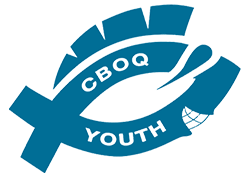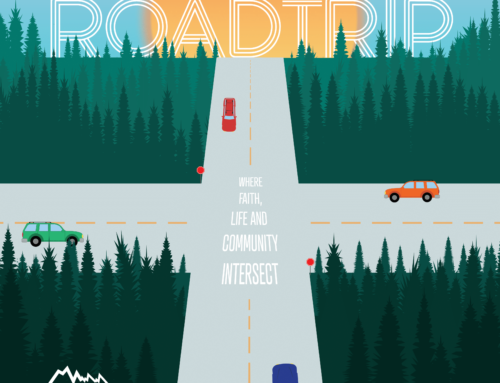We continue looking at some observations Renegotiating Faith highlighted its report. (Click here for Part One.)
Young adults who went straight into postsecondary studies fared worse on all our measures of religious persistence than those who had taken a gap year. (p.11)
I (Alvin) remember that in high school the big push was to graduate and go straight on to university. A gap year was seen as a form of failure (or at least not keeping up with my peers). I remember, a few years later, how many of those peers weren’t ready for post-secondary life. Some of them ended up changing majors mid-stream and having to start all over again. There’s some wisdom in recognizing that one doesn’t need to automatically step directly from high school to postsecondary studies. A gap year can help to strengthen and clarify God’s call on a person’s life. (What that gap year could/should look like is another discussion for another time.)
—————
Young adults are roughly three times more likely to connect with a new church after moving out of their parents’ home if someone from their home congregation tries to make a connection for them. Similarly, young adults going on to postsecondary studies are four times more likely to connect with a Christian campus group or chaplaincy if someone from their home church tries to make a connection for them. (p.12)
Too many times, when high school grads move away to study, they are left to their own devices. Some church members they don’t want to intrude in the student’s life; students may also feel they can’t–or don’t know how to–ask for guidance. Some students feel they need to “make it on their own”. Yet for many who come from a helicopter parenting generation, to go from having everything organized for you to being dropped off in a completely new environment on your own can be a huge stretch, maybe an insurmountable gap. Frosh tend to have a hard enough time navigating the logistics of new campus life let alone finding a faith community (especially if they don’t know where to go or who to trust).
This insight reminds us it’s not about hand-holding students into campus life, but at least helping to bridge connections to people they can trust. In many ways, this is a primary reason why we founded Transition 101 (transition101.ca). We recognized, with our campus ministry friends, that helping to bridge those connections help to stabilize trusted friendships heading into September.
————–
In the few weeks, we’ll conclude with part 3.




Leave A Comment